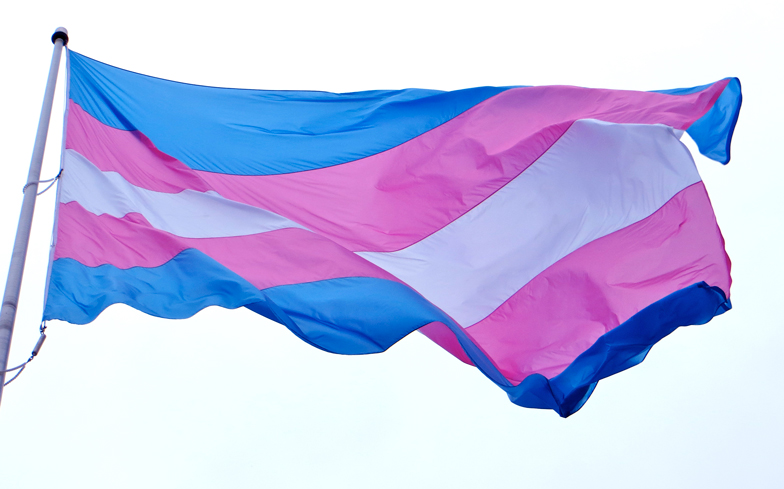The government will pay $25,000 to every trans person who was affected.
The Swedish government has voted to pay compensation to every trans person who was affected when it was mandatory to undergo forced sterilisation before gender reassignment surgery.
The law was in place from between 1972 and 2013, with the law stating that people who wanted gender reassignment needed to be “lacking the ability to procreate.”
In 2013, a court ruled that the law violated European Human Rights, and stopped it. Speaking in 2017, the Health Minister, Gabriel Wilkström said: “The demand for sterilisation that existed previously laid out a vision from which today’s society wishes to distance itself and the government believes it was wrong to demand it.”
Since the law’s repeal, activists have been campaigning for compensation for the roughly 700 people that it affected. In 2017, Wilkström stated that the Swedish government would implement a bill giving compensation to those affected, with the amount now agreed to be $25,000 per person.
Emelie Mire Åsell, the trans and intersex spokesperson for the Swedish Federation for Lesbian, Gay, Bisexual, Transgender and Queer Rights welcomed the agreement.
In a statement, she said: “We have strived for this since 2013 when the requirement of sterilisation to change one’s legal gender was abolished.
“Money can’t undo the harm of unwillingly losing your reproductive abilities, but the monetary compensation is an important step for the state to make amends to all those subjected to this treatment.”
However, despite this decision, and the ruling which repealed the law, 16 European countries still enforce it. One of these countries is Finland, which is often thought to be one of Europe’s most accepting countries when it comes to LGBTQ rights.
Following Sweden’s repeal of the law, Finland debated doing the same, before voting against it. And last year, the country rejected a recommendation from the UN Human Rights Council to stop the practice.
Related: The EU has voted to condemn gay ‘cure’ therapy, and urged member states to ban it




